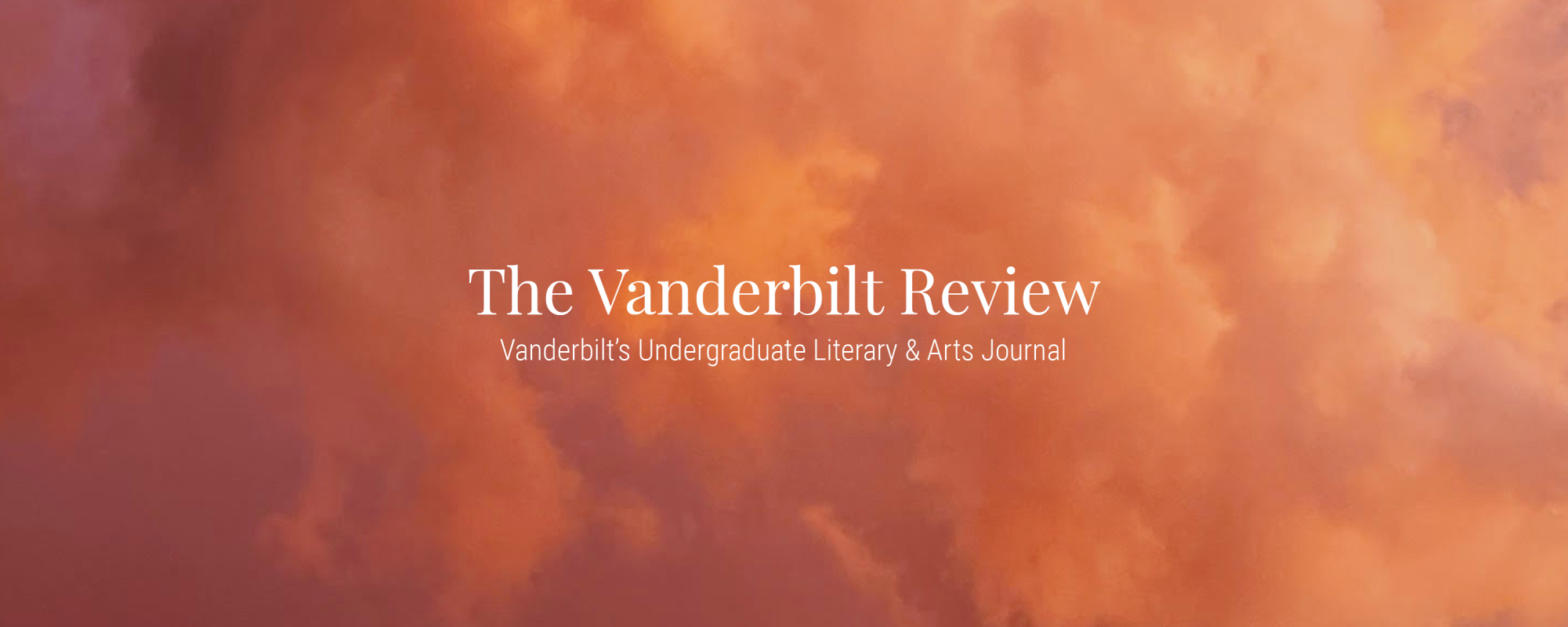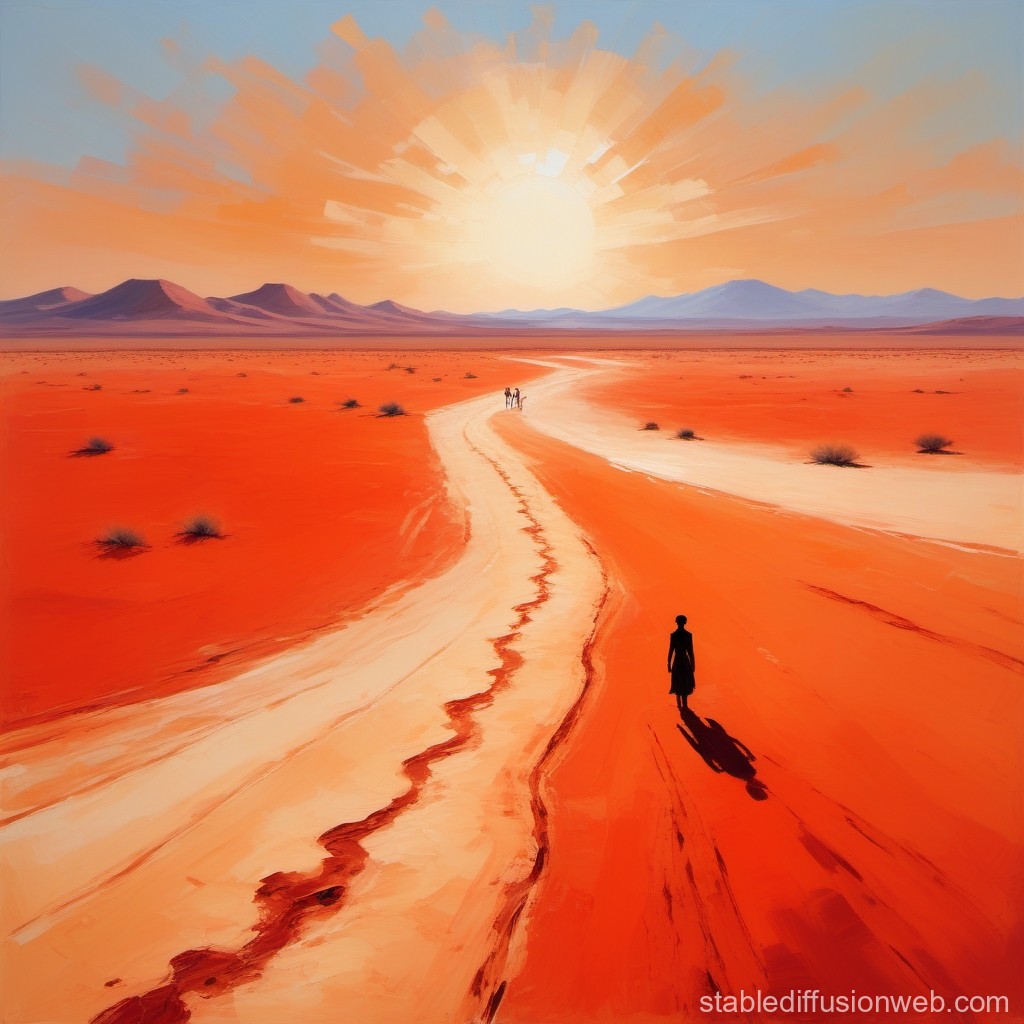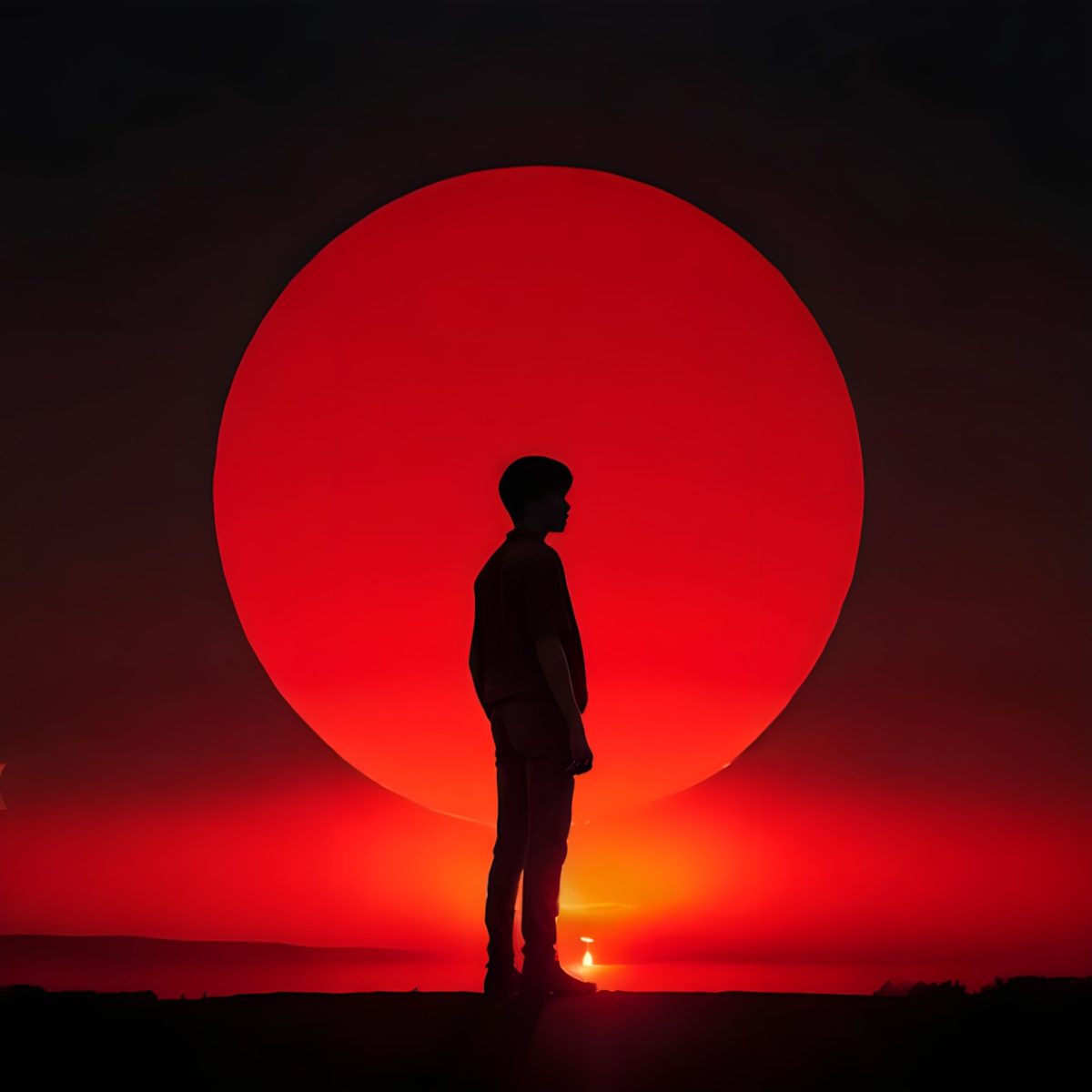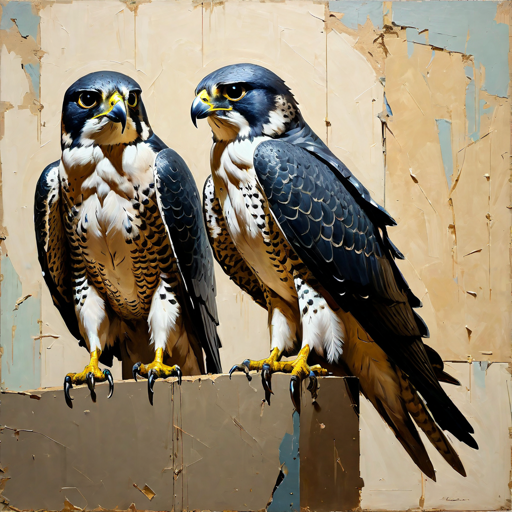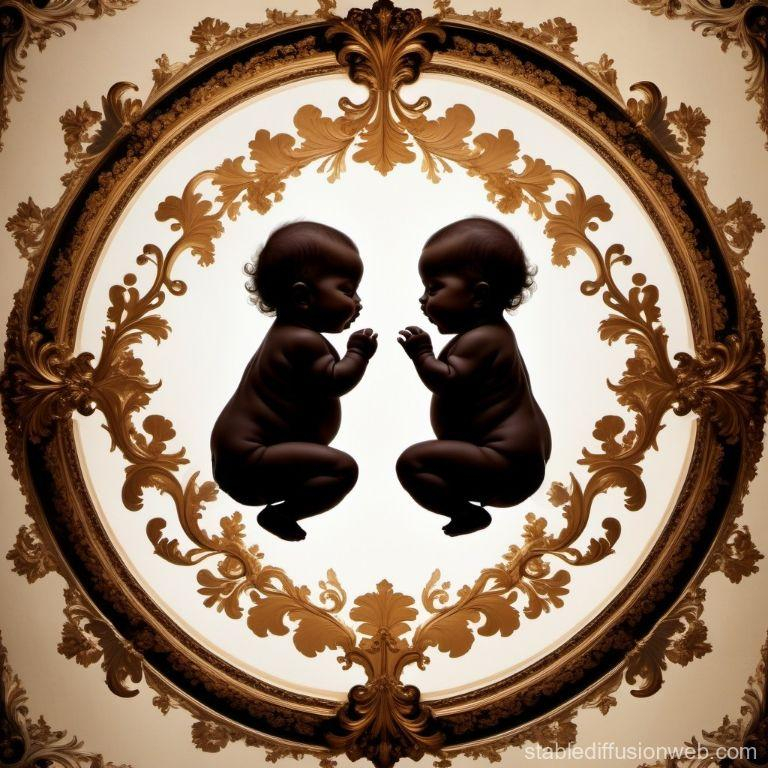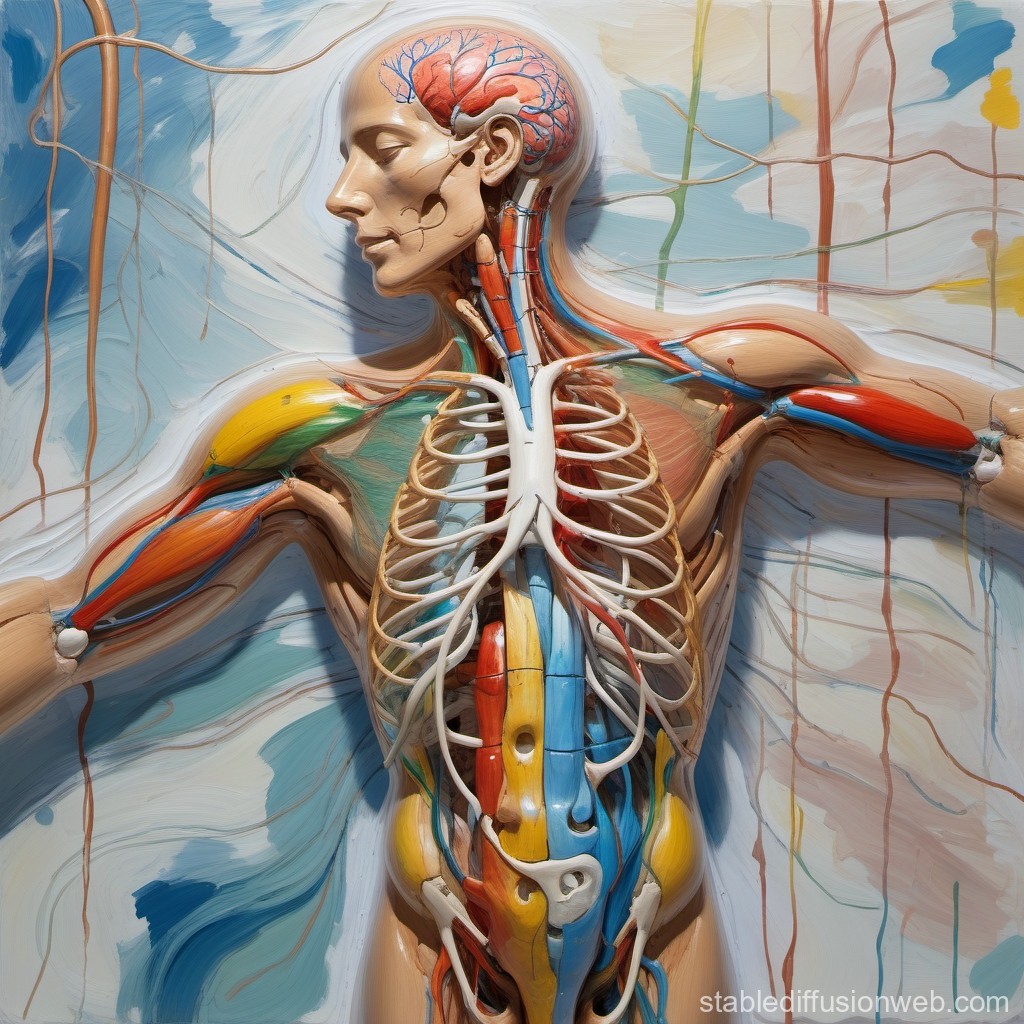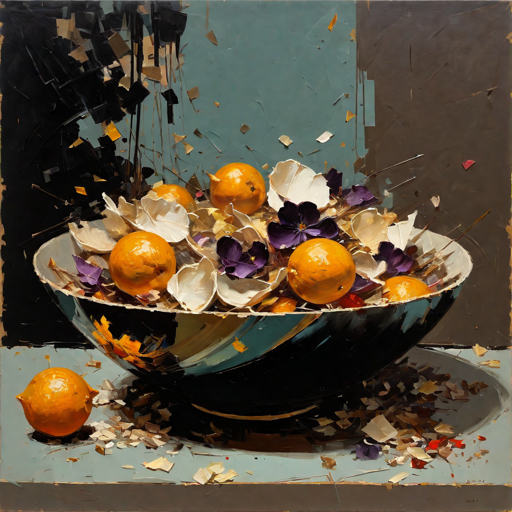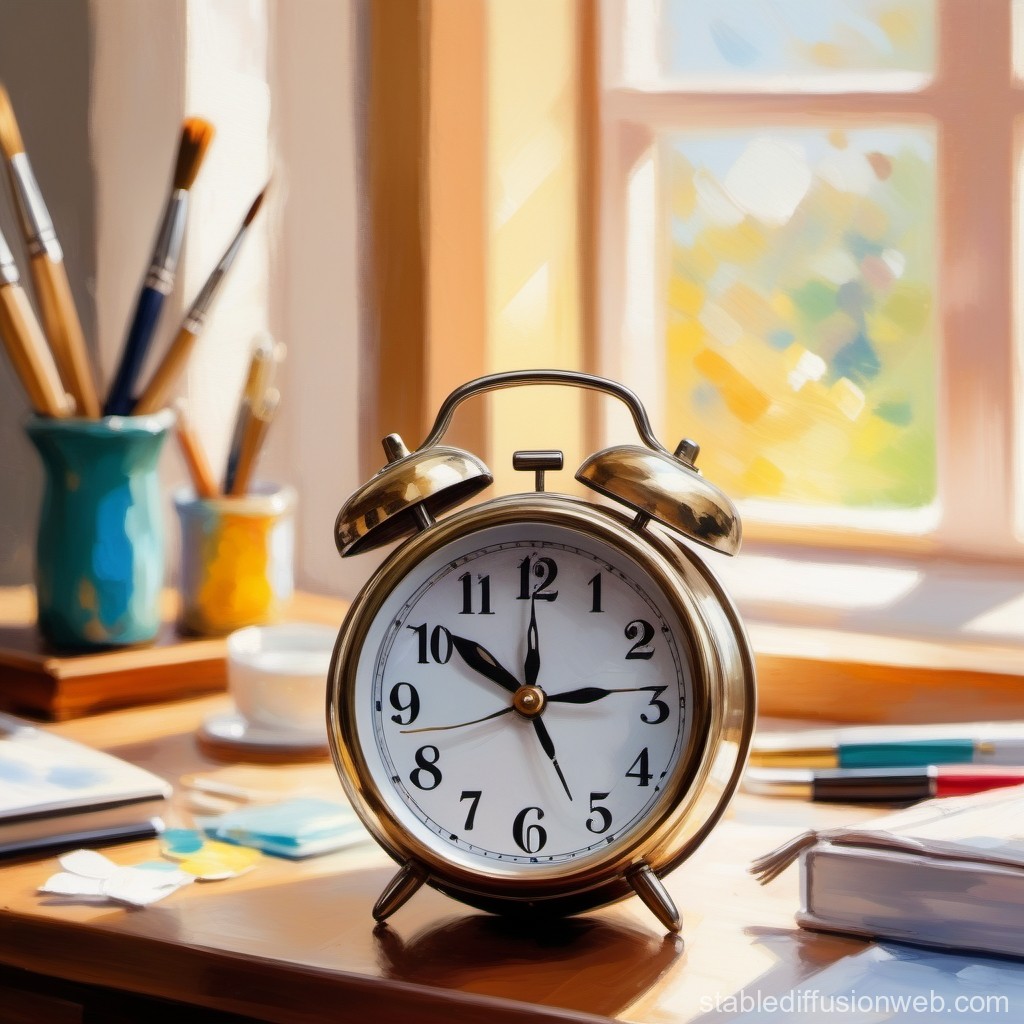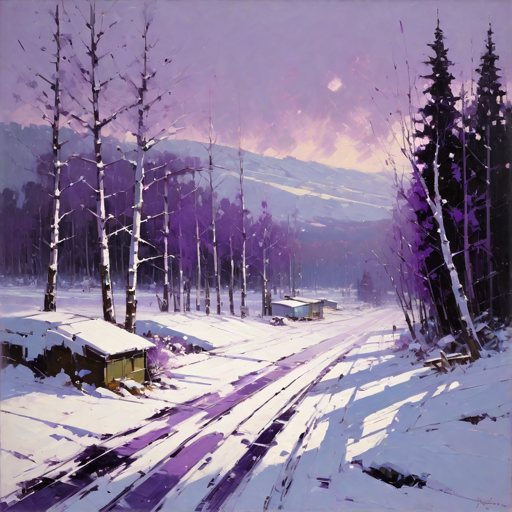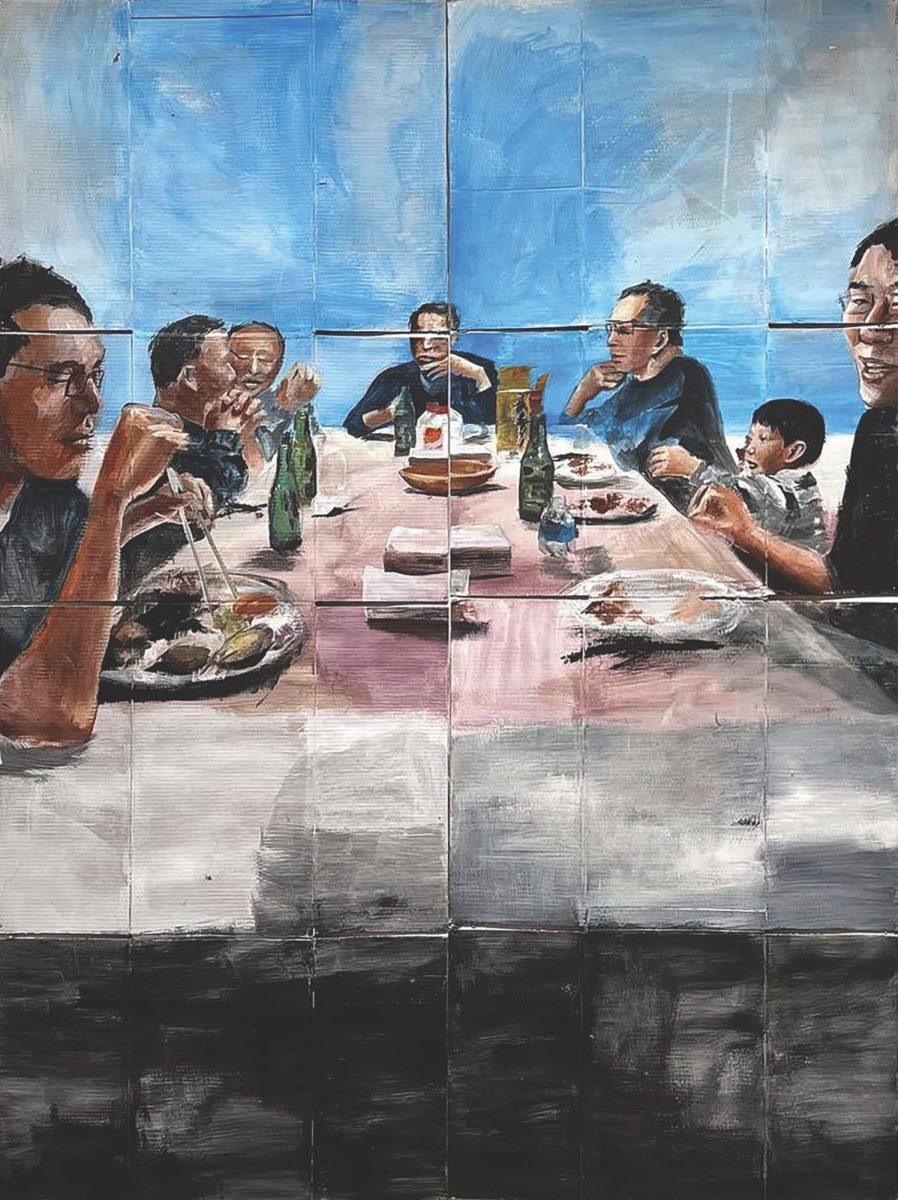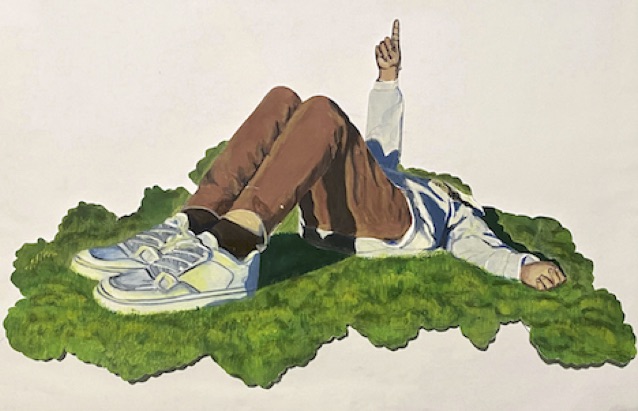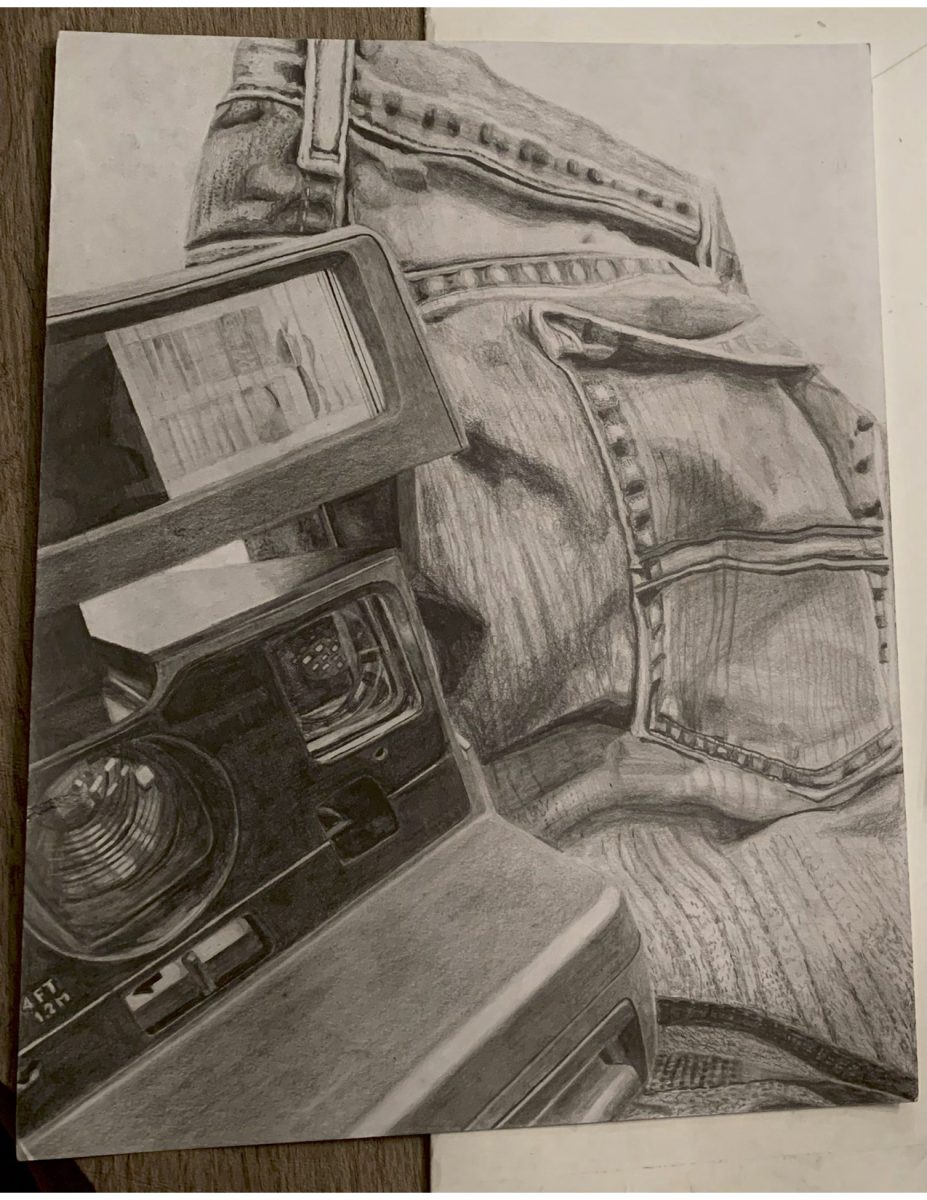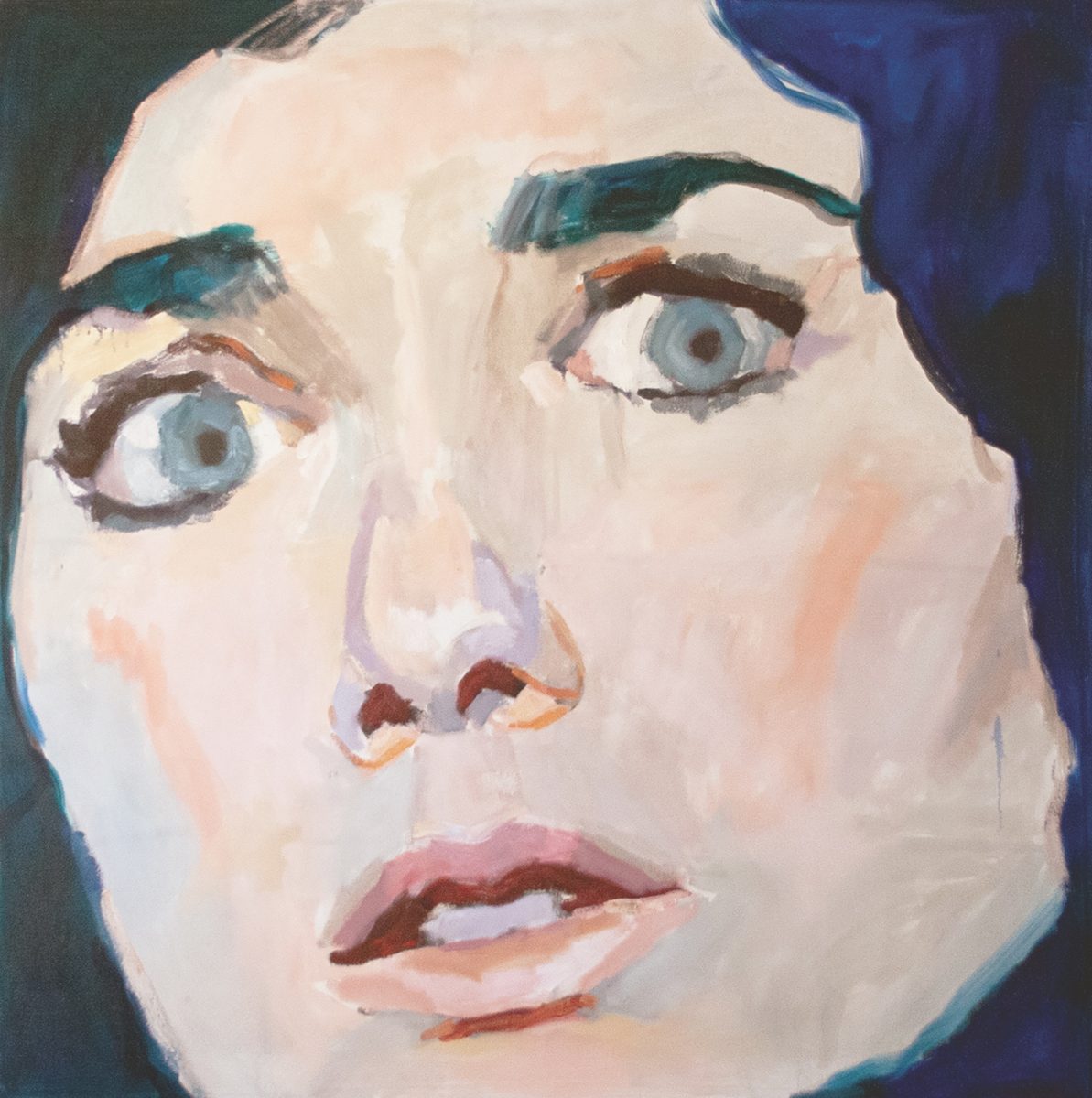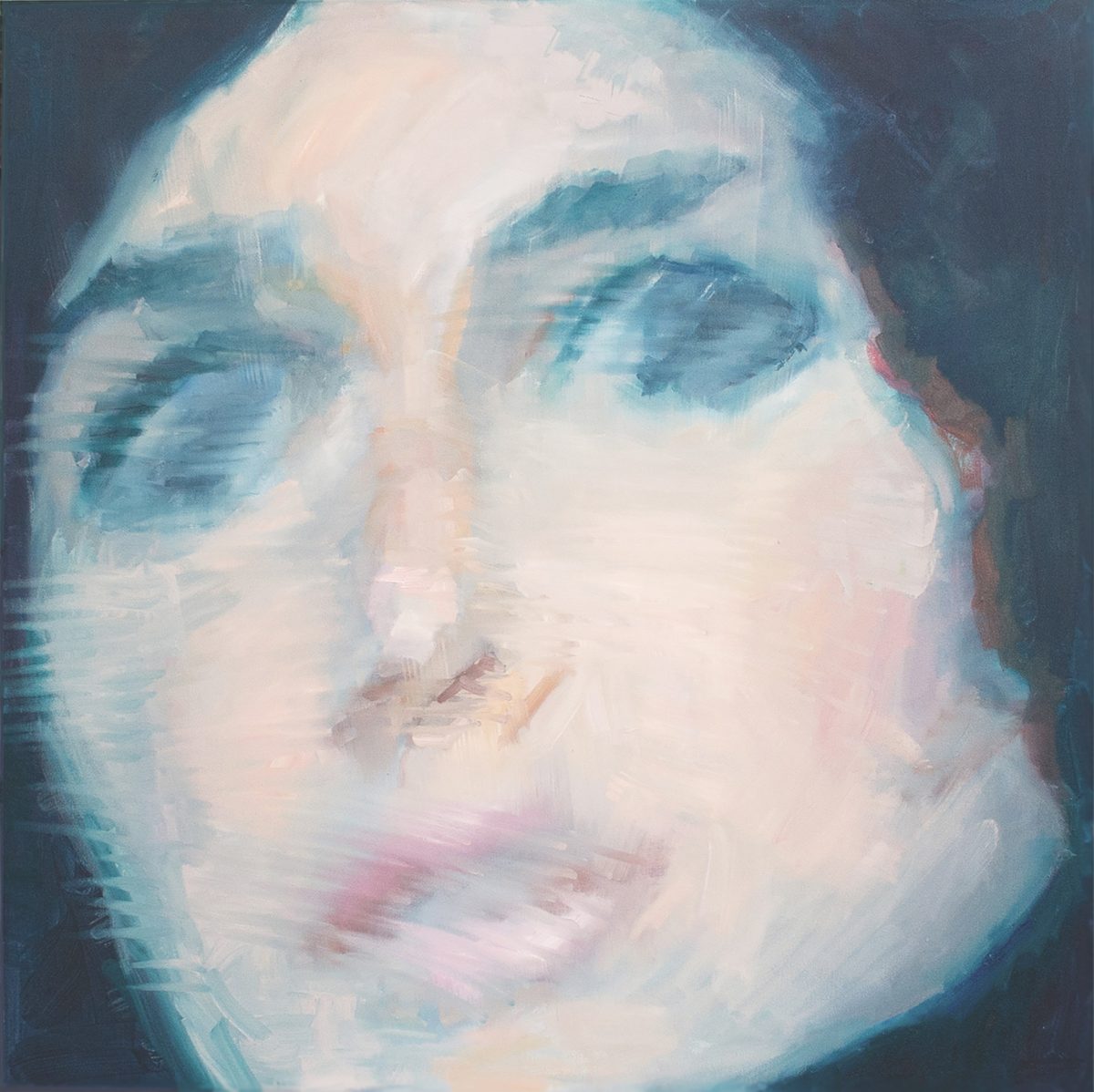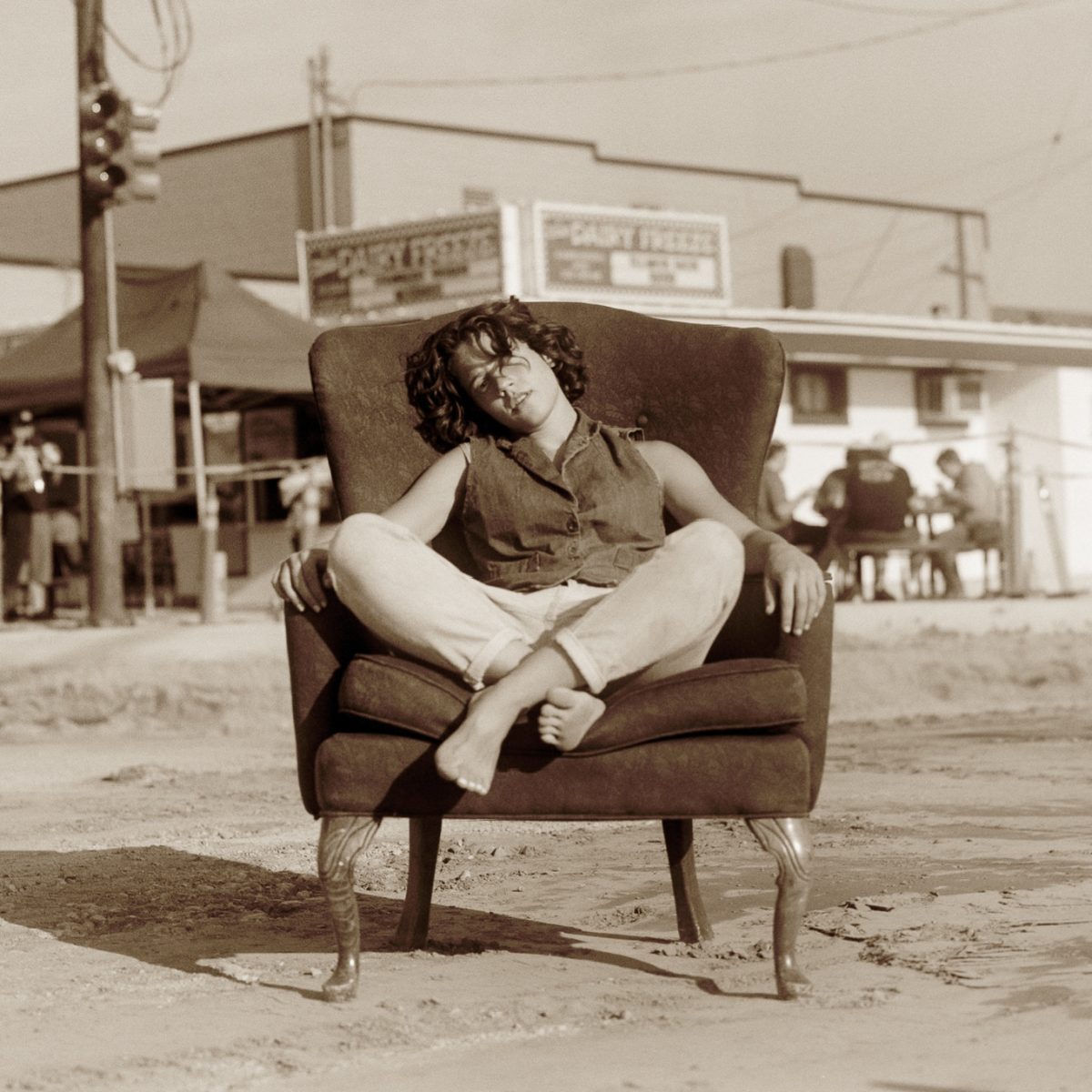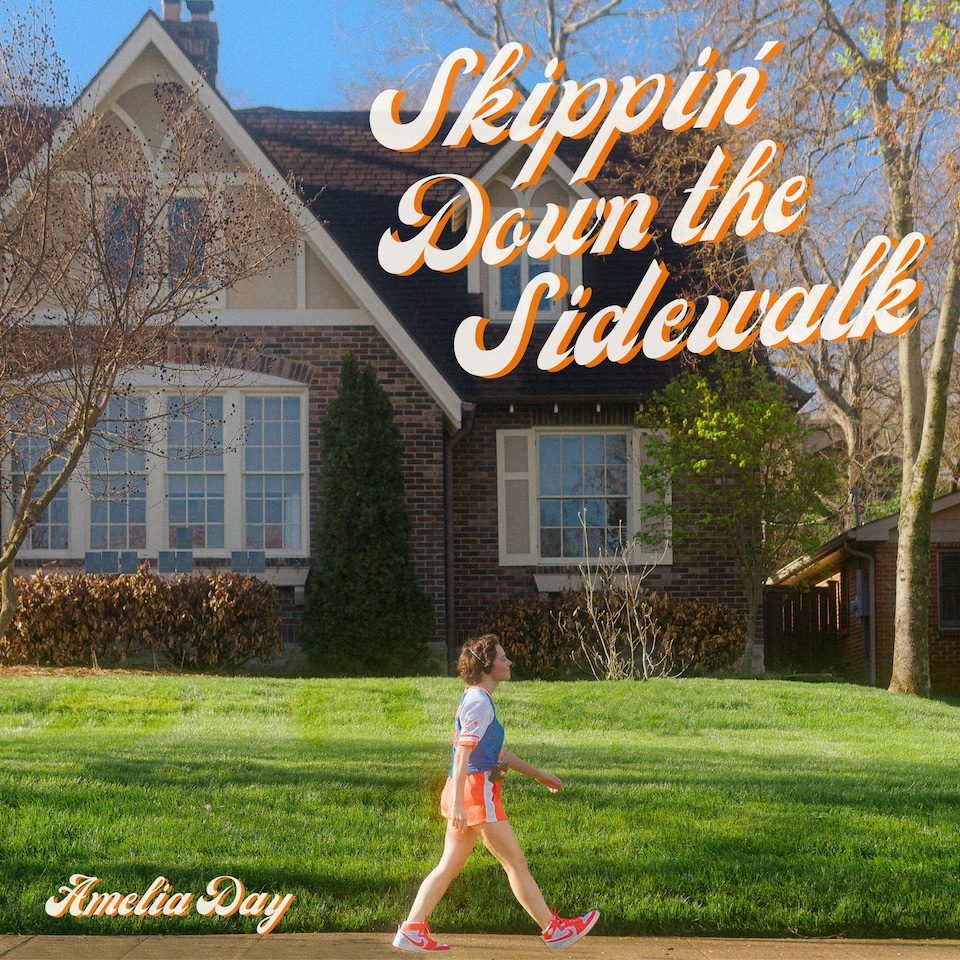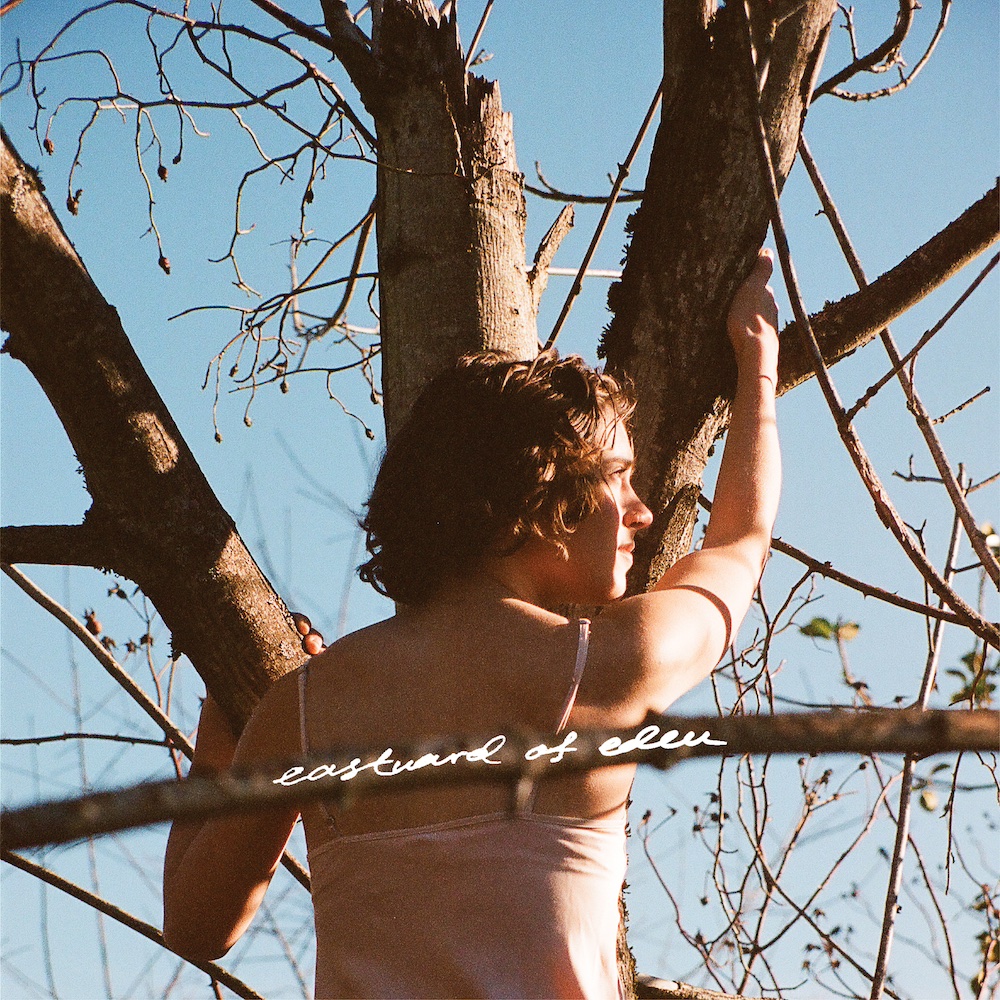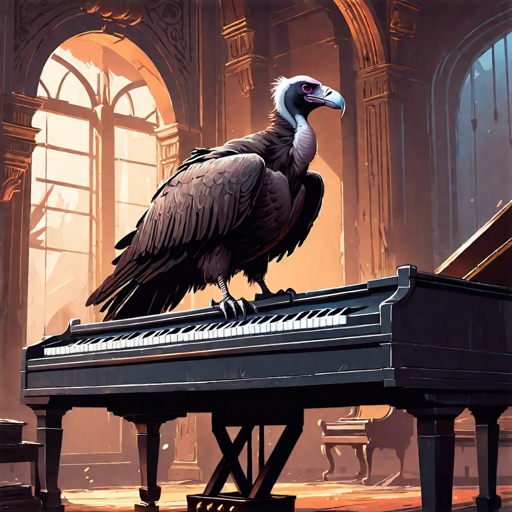“What are you waiting for?” says the vulture, beady eyes and beak and wings darker than all thirty-six black keys. “You know it by heart. Go ahead and play.”
That’s when Henry knows he’s going to lose a piano competition for the second time in all his thirteen years of life. If he cared more, he’d point out that it’s probably because the vulture ate all of his fingers. But he doesn’t care, and he doesn’t know Paganini’s devilishly difficult “La Campanella” by heart anymore, and he simply sits there and stares at his still hands in silence until the judges start whispering and the spotlight starts burning and someone eventually ushers him off the stage.
Henry’s parents don’t understand. To their credit, they don’t take turns scolding him until he’s in tears. They don’t tell him what a disappointment he is for failing them after all they’ve done for him, immigrating to this country with nothing but the clothes on their backs and a never-fulfilled love for music and the ironclad will to give their child the world. They don’t make him relive every excruciating detail of his performance, don’t dissect every move and mistake he’s made over the past few weeks leading up to the competition of eating, practicing piano, sleeping, practicing piano, breathing, and practicing piano.
Instead, they take him out to their favorite Taiwanese restaurant—even though dumplings and noodles and rice cakes at Ding Tai Fung are supposed to be a celebration and a reward for winning first place in the Van Cliburn International Piano Competition yet again, as per tradition—even though, this time, he’s trophyless and speechless and fingerless. They have the decency to wait until all three of them are safely over the threshold and past the closed, locked, and bolted front door before breaking into familiar murmurs of concern for their child. What’s wrong with him? Why is nothing working? Who else do we need to see? They just don’t understand.
Later, his mother tucks him into bed. Before kissing him good night, she tells him to hang tight, to keep his chin up. Mama and Baba will find someone to give him the help he so desperately needs, to work the miracle of fixing him. And don’t worry—there’s always next time; they’ve already signed him up for another competition in a few weeks. Cheer up and practice hard. Sleep well.
As soon as she shuts the door behind her, the vulture starts gnawing on his left shoulder. Henry knows that when he wakes up tomorrow, it’ll be late afternoon and he won’t be able to get out of bed. He won’t be able to shower or brush his teeth because the vulture will have eaten his arms; he won’t be able to go to school and turn in his long overdue algebra homework or play catch with his friends because the vulture will have eaten his legs. His father will eventually snap and ask him why he’s become so lazy and why can’t he just be himself again and what’s the reason he’s hurting so much, and his mother will start crying and wondering aloud what they’ve done wrong, and he won’t be able to answer because the vulture will have eaten his mouth, his ears, his eyes.
But Henry knows that none of it will hurt. That’s the funny thing about being eaten alive, little by little—you get used to it. Living is hard, but there’s nothing so easy—nor so tempting—as the act of disappearing.
When Henry next wakes up, the vulture is sitting upon his chest, eyeing his heart hungrily. It’s so heavy Henry can hardly breathe, so large and dark he feels like he’s been swallowed whole. He’s almost convinced of it.
“What are you waiting for?” says Henry. “Go ahead and help yourself. It’s all I have left, anyway.”
That’s not completely true—even his heart isn’t quite his own anymore. When the vulture cocks its head and clicks its hooked beak, digging its razor-sharp talons further into Henry’s chest, his skin can’t even be bothered to bleed. His heart has stopped beating ages ago. Henry wonders why he’s still alive.
“Are you?” the vulture asks him. It’s waiting.
Henry knows that, when he doesn’t wake up tomorrow, sunlight will stream in through the slats in shafts that look like spotlights shining upon an empty stage. When he doesn’t wake up tomorrow, he’ll rub the sleep from his eyes and stumble downstairs, still half-dreaming, to have breakfast: maybe sunny-side up eggs, or maybe a few pieces of crispy, still-sizzling bacon, or maybe a slice of avocado toast. He’ll pretend to gag at the smell of his father’s freshly brewed black coffee and sigh in mock resignation when Baba turns the radio to the classical music channel to play Bach or Debussy, but secretly savor both the scent and the song. He’ll squirm in mock protest when Mama complains about his stubborn cowlick and tucks in his shirt tag with cool but gentle hands and wipes crumbs from the corner of his mouth only visible to a mother’s sharp eyes. He’ll sneak in a few extra kibbles when he feeds the cat even though it’s already slightly overweight because his heart softens when it brushes against his legs, purring. He’ll double-knot his shoelaces just like Mama always did before he learned how to tie his own shoes, and he’ll call out, “I love you!” before heading off for school, and he’ll really mean it this time.
He’ll breathe in the morning air and fall in love all over again, not with the girl in English class who doodles stars into the margins of her notebook or the boy who always offers him peppermints when he sits next to him in science class, but with his parents and with himself and with the world—with the way the sun kisses his cheeks rosy-warm and the way the breeze runs its nectar-sweet fingers through his hair, with the way dewdrops cling to the petals of tulips in the garden of the elderly lady across the street, with the way the aftertaste aroma of Sunday barbecue still lingers in the air, with the way the yips of his neighbor’s hyper-excitable cocker spaniel bounces off the paved driveways like lime green tennis balls in a boisterous game of catch. With the sky, clear and blue and, for once, completely vulture-free. With music, little by little, once again.
When Henry doesn’t wake up tomorrow, he’ll sit down at the piano and stare at the scarlet keyboard dust cover and he’ll think that it looks like a red carpet, and wonder who will walk down that red carpet and smile in front of flashing cameras under glaring lights. He’ll stare at his own reflection in the black lacquer wood and he’ll think he doesn’t look like a concert pianist, a virtuoso, a maestro, but just a little boy whose parents took him to his first piano lesson in an afterschool learning center in Chinatown one day at age four, when he was so small his feet couldn’t touch the ground when he climbed onto the piano bench and he took one tiny finger, still round and chubby with baby fat, and played a single note and the teacher clapped and patted him on the head and Mama and Baba looked at each other and nodded—“This is it. This is what our little boy is going to do.”
It was then that Baba promised he would always work hard, wake up at the crack of dawn and go to the office and type away at his computer on his cluttered desk in his cramped cubicle, and always make enough money not just for food and clothes and bills but to buy a piano and piano scale books—Hanon and Hertz and Czerny—and pay piano teacher after piano teacher—each one stricter than the last. It was then that Mama promised she would always work hard, wake up at the crack of dawn to do the entire day’s cooking and cleaning in advance so she would have time throughout the day to drive him back and forth to lessons and recitals and sit with him whenever he was home to make sure he was practicing properly. Each of his teachers promised to teach him all they knew, to make him better and to make him the best. And he didn’t know when exactly it was, but at some point Henry found himself promising that he would always work hard, practice hard, make his parents and teachers and peers and the world proud. He would make them all proud. Proud, proud, proud.
When Henry doesn’t wake up tomorrow, he’ll sit down at the piano and remember the first time he lost a piano competition. He was only nine and his hands were barely large enough to span the width of an octave on the piano, and Chopin’s “Fantasie Impromptu” was too difficult, though that was exactly why his teacher had assigned it to him—so he could push himself harder—and his mother had smiled and said she believed he could do it and his father had said he certainly could as long as he got rid of that immature self-defeatist mindset and adopted a more positive attitude that would do him better in the long-run. He was only nine and, like most nine-year-old boys, spent too much time watching children’s shows and reading superhero comic books and playing video games—his parents made sure to take those away after they returned home with a silver trophy instead of a gold one, tired and cranky and hungry after not eating out at Din Tai Fung because that was only supposed to be a reward for winning first place yet again, and he didn’t deserve it this time.
They never said it outright, but Henry knows Mama and Baba were disappointed in him. Especially after everything they had done for him? He could’ve, should’ve worked harder—after all, he’d promised, hadn’t he? There was no yelling, no scolding, no hitting—only words of encouragement. They had sat him down and told him that he hadn’t failed because he wasn’t talented enough, that he did have the potential, that he simply hadn’t put his full heart into it. That he didn’t—but could’ve and should’ve—practiced harder. Discipline and diligence will eventually pay off. Don’t be disappointed, it was only expected. Don’t be disappointed, it’s less productive to sit around and mope than to get to work on doing better next time. Don’t be disappointed; next time we’ll do better.
That had been the first time he had seen the vulture. It had been small, back then—but it flapped its wings and echoed in the shadows, “Do better, do better, do better!” Soon after, it would begin eating away at him from the inside-out, little by little.
When Henry doesn’t wake up tomorrow, he’ll remember how he fell in love with piano, that night after he’d lost a piano competition for the first time in his life. That night, he crept out of bed and tiptoed down the stairs. He sat down at the piano and removed the red-carpet keyboard dust cover and tore his eyes away from the mirror-like black lacquer wood and began to play in the dark. It was the first time he had played, not to practice or even to perform, but simply for the sake of playing. He didn’t think about the notes or the duration or the volume or the articulation with which he should play them, about how his hands should be perfect flat-topped domes with the tips of his curved fingers tapping out perfect rhythms and dynamics. He didn’t think about how music is simply noise, borne from the collisions of vibrating air molecules that send ripples down one’s ear canal to strike the eardrum at the perfect place, at the perfect time, so that that noise can be perceived by the brain as art decorating the ephemeral canvas that is time.
Henry doesn’t even remember what it was he played, whether it was Chopin or Rachmanioff or Ravel or Brahms or Beethoven. All that he knew was that he closed his eyes and let himself play and that when he opened them, Mama was standing behind him and he saw in the reflection of the piano’s black lacquer wood that she was crying, and she wrapped her arms around him and picked him up even though she always said he was too old to be carried now, and then Baba came in and smiled at him and ruffled his hair, and he thought that he should do this more often—play piano, not practicing or performing but just playing—even if it wasn’t perfect. He should play more often.
When Henry doesn’t wake up tomorrow, he’ll open his eyes and breathe in, breathe out. He’ll curl his fingers and wiggle his toes, he’ll stretch and hear the satisfying crack! crack! crack! of his joints, and throw back the covers and leap out of bed and fling open the curtains. Sunlight will stream in like a spotlight, and he’ll squint and sigh and wish he’d woken up.
He’ll wish he’d waited for the morning, for all the partitas and sonatas and concertos he had yet to play, meet all the people he had yet to meet and travel all the places he had yet to go and live all the life he still had left in him. He’ll wish he could stare out of the car window at the meandering hazy highways and listen to his father rambling about work and humming along to whatever’s playing on the classical music radio channel—all familiar as an old friend—instead of watching him sit alone in the stifling silence. He’ll wish his mother could cradle his head in her lap as she sits in his room for hours, staring at the dust-lined bookshelves and the garden of golden trophies lining them like petrified soldiers and wishing she could trade away every single one of them if it meant having him back, if it meant she and her husband could hold their boy and tell him they loved him and wanted to give him the world and were proud of him even if he didn’t win every competition they sent him too, even if he were missing all his fingers, even if he didn’t want to play piano anymore—had never truly loved it, even—and had only ever learned it because he wanted to give them the whole world back.
Even if he had been all eaten up from the inside out, little by little, by that stupid vulture.
When Henry doesn’t wake up tomorrow, he’ll turn back and wish he could shout at himself, tell himself to wait, scream at the vulture to leave him alone, tell his parents that he was okay, why were they calling the ambulance and why were they crying and why—why did he look like that, so pale and unmoving, and why was the vulture eating what little was left of him and why was it flying away? He’ll follow the procession to the hospital and to the morgue and to the church and six feet below, and the whole time he’ll wait for the vulture to come back and for himself to wake up and take back everything he’d done. He’ll wish he’d never learned how to play piano, he’ll wish that he’d played more of it, he’ll wish he could play it again just one more time.
He’ll wish that he did wake up, and if he did wake up, he’ll be glad that he did after all. It might not be much, and the vulture will still be there and he still won’t be able to get out of bed, and he might still be missing his fingers and toes and eyes and ears and heart, but he’ll make do. That’s the funny thing about living. You get used to it, little by little.
